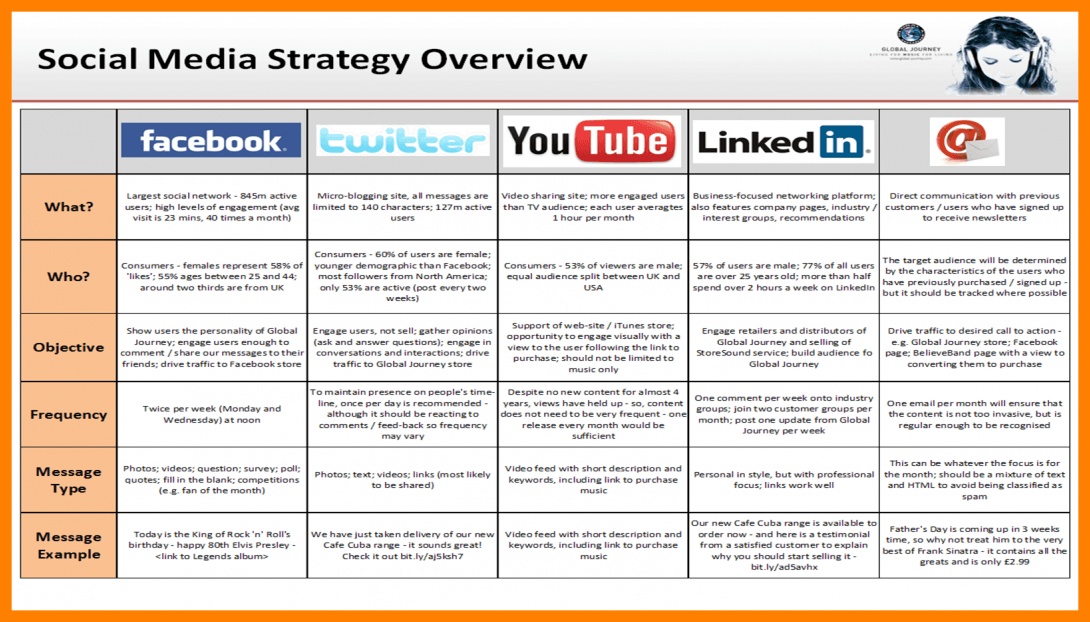In recent months, a growing number of advertisements on popular social media platforms, specifically Facebook and Instagram, have raised eyebrows due to their promotion of gun silencers disguised as car parts. This phenomenon has prompted discussions about the ethical implications of advertising practices on these platforms and the responsibilities that come with them.
Gun silencers, which are devices designed to reduce the noise produced by firearms, have long been a topic of controversy. In many jurisdictions, the sale and possession of silencers are heavily regulated or outright banned. The legality of these devices varies significantly across different regions, and their promotion raises important questions about safety, responsibility, and the potential for misuse.
The advertisements in question often feature images of car parts, such as mufflers or exhaust systems, alongside descriptions that cleverly obscure the true purpose of the products being sold. By presenting gun silencers in this manner, advertisers may be attempting to bypass scrutiny and regulatory measures that govern the sale of firearms accessories. This tactic not only raises ethical concerns but also highlights the challenges faced by social media platforms in monitoring and regulating content that may promote illegal or dangerous items.
In response to these findings, there has been increasing pressure on Facebook and Instagram to enhance their advertising policies and implement stricter measures to prevent the promotion of such products. Critics argue that social media platforms have a responsibility to ensure that their advertising spaces are not used to facilitate the sale of items that could contribute to violence or criminal activity. The ability of advertisers to disguise the true nature of their products poses a significant challenge for these companies, as they strive to balance user freedom with public safety.
Furthermore, the issue of gun silencer advertisements raises questions about the effectiveness of current regulations surrounding firearms and their accessories. Many advocates for gun control argue that the proliferation of gun silencers, even if marketed under the guise of car parts, could lead to increased risks of gun violence and crime. The potential for these devices to be misused by individuals with malicious intent is a significant concern for law enforcement agencies and community leaders alike.
The emergence of these advertisements also underscores the need for greater transparency in online marketing practices. Consumers have a right to know what they are purchasing and the potential implications of their purchases. By disguising gun silencers as innocuous car parts, advertisers may be misleading consumers and undermining the principles of informed choice.
In addition to the ethical implications, there are also legal considerations surrounding the promotion of gun silencers on social media. Many jurisdictions have specific laws governing the advertising and sale of firearms and their accessories. If social media platforms fail to adequately regulate these advertisements, they may inadvertently become complicit in the promotion of illegal sales, which could have serious legal ramifications.
As discussions surrounding gun control and public safety continue to evolve, it is essential for social media platforms to take a proactive stance in addressing these issues. Implementing robust advertising policies that specifically target the promotion of firearms accessories, including gun silencers, could help mitigate potential risks and enhance community safety.
Moreover, collaboration with law enforcement agencies and regulatory bodies may prove beneficial in creating a more comprehensive framework for monitoring and regulating the sale of firearms and their accessories online. By working together, social media platforms can play a pivotal role in preventing the misuse of their advertising spaces for potentially dangerous products.
In conclusion, the recent trend of advertising gun silencers disguised as car parts on Facebook and Instagram raises significant ethical, legal, and safety concerns. As the conversation around gun control and public safety continues, it is crucial for social media platforms to reevaluate their advertising practices and take necessary measures to prevent the promotion of items that could contribute to violence and crime. Ensuring transparency in marketing and protecting consumers from misleading advertisements should be a top priority for these companies as they navigate the complexities of online advertising in today’s society.


